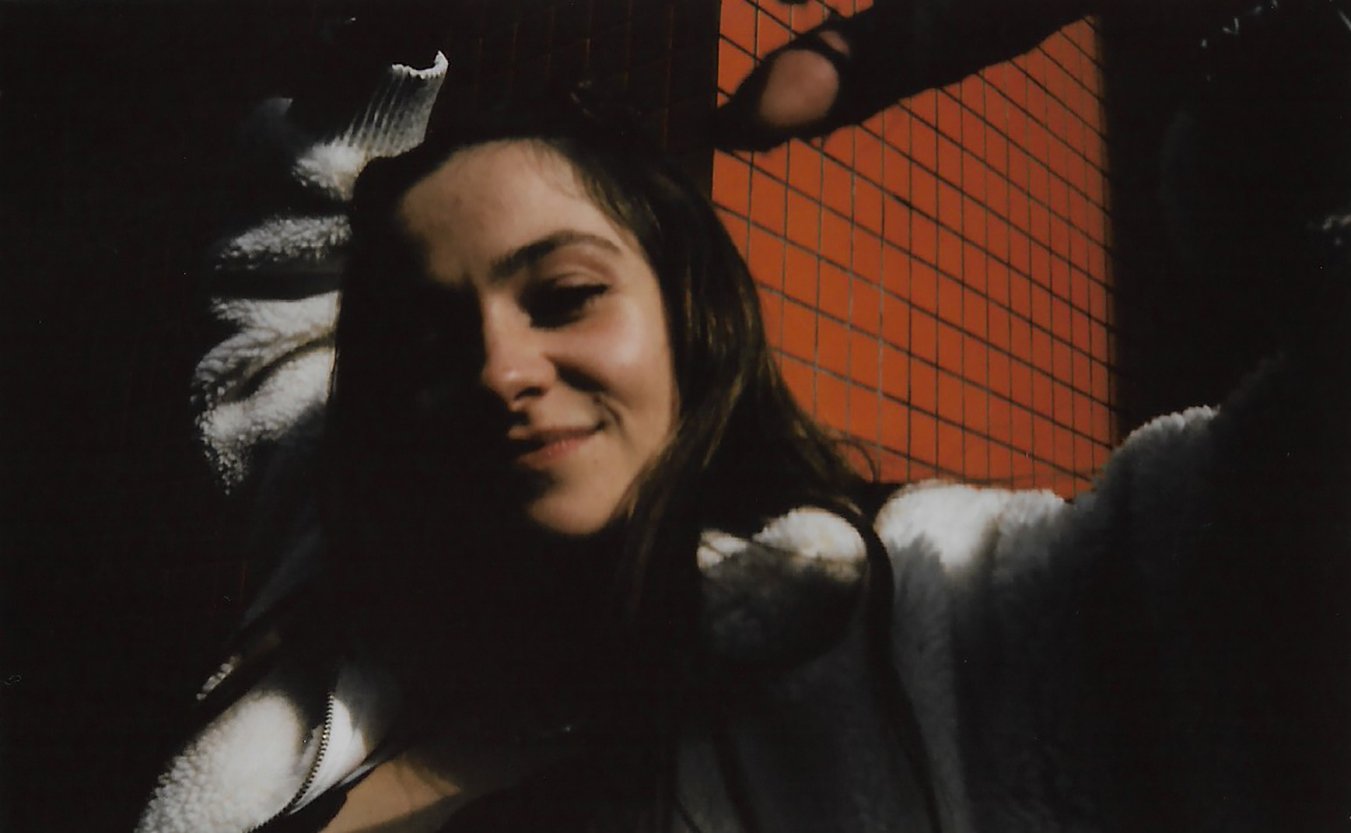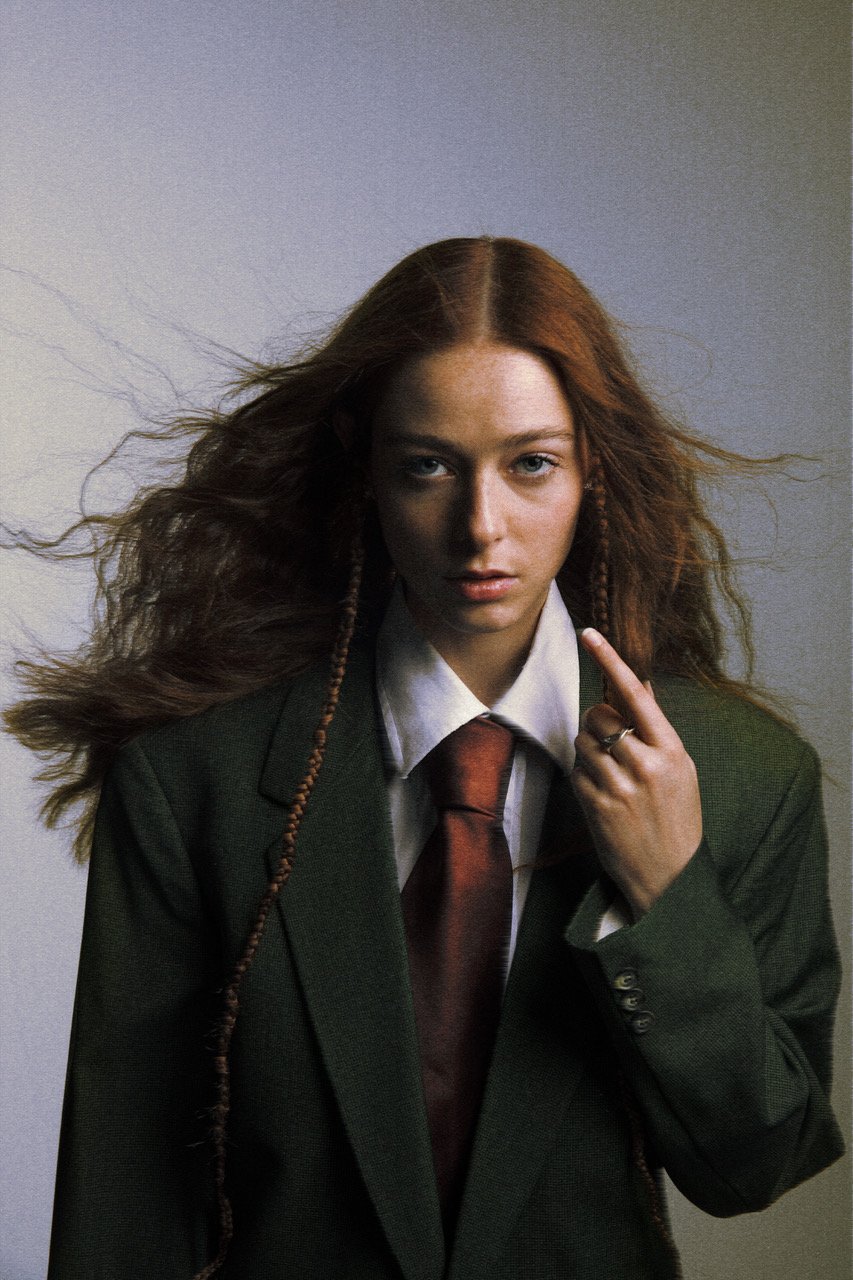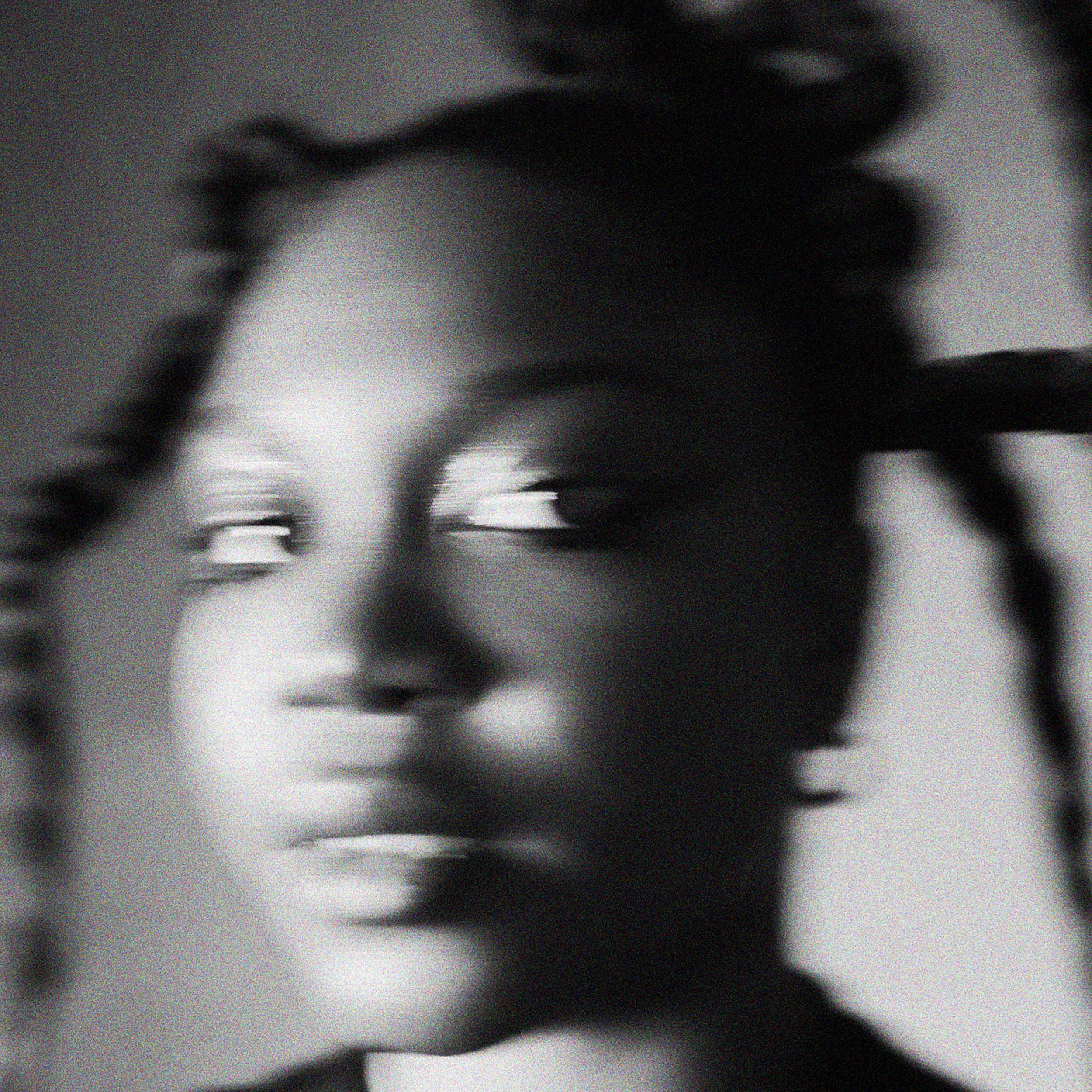KATIE KELLER
Twenty-five years old & on a vast trajectory, the Danish-born singer speaks of vulnerability, lyrical catharsis & what it means to be a resilient woman in pursuit of collective empowerment & creativity.
What is your song writing process like?
It really depends on the day, my mood, and whether or not I have co-writers with me. I used to be afraid of letting other people touch my art, because it would make me insecure. Almost as if I re-evaluated my own skills in songwriting, since I ‘need other people to help me’. But the truth is that it can feel like it’s impossible to verbalise your emotions, and I’ve learned to be open to other people’s minds. It is always my own stories and my own melodies, and that’s where the process begins. With a melody. Then I take the most dominant thought or feelings and I write them down in a million words. All of a sudden it turns into lyrics.
Who are your female heroes and why?
I have a bunch. I feel like there are so many powerful women, both in the creative industry, in politics and also women I know personally. I’ve always had a soft spot for Angelina Jolie. I once saw an interview on the red carpet at some award show with her then husband Billy Bob, where she just radiated so much powerful energy, and I’ve always associated her with being unapologetically herself - which is something I wish for every woman to be. Another ‘hero’ of mine is Snoh Aalegra. She is so unproblematic, a little older than most upcoming artists which I associate with a little more raw maturity, and she is the definition of beauty in my eyes. I love beautiful women so much, I could stare at them all the time.
How does your work explore feminine power?
It is no secret that my industry is male dominated. A man can get away with doing whatever and whoever he wants, whereas women are way more limited, because we are expected to meet a certain standard or follow a certain protocol, in order to gain respect.
I wanted to change that game. I wanted to talk about subjects that are provocative, show raw sides of the female mind, female sexuality and the fact that we are just as capable of being dominant and free spirited as men are. We like to get drunk and fuck too. We can be driven by testosterone. And we will do all this wholeheartedly. I like to use my work to verbalise it.
How did you migrate into becoming an artist? What is your earliest memory of creating, your inspiration and how this translates into your aesthetic today? What is it about your particular medium that is so gratifying for your psyche?
I’ve always known that I wanted to create music and write stories that I could sing to the world. It has always been a desperate wish for me, and I think it is because I realised very early in my life that it is the quickest and most effective way to happiness for me. I taught myself to play Aerosmith’s “Cryin” on piano, and that became a form of meditation for me. My dad is a movie composer, and his studio was in the basement of our house, so I fell asleep to the vibrations of 808’s and the sound of strings. To me, there is no plan B – this is the only thing that gives me butterflies, and I’m really good at it, so I find peace in it too. It hasn’t always been like that. It is definitely a learning process. It’s my soap opera.
Can you recall an instance where you felt discouraged to the point of giving up? What was your thought process, what was the instance and what made you believe this? In return, what were the influences that transformed your approach to one that persevered?
When you have a dream, a passion or create a certain life in your head, it can be very frustrating when things don’t go as planned. It’s a competitive industry, and it is forever a mystery what ’works’ and what doesn’t. So, when you pour your heart out, or create pieces of music that you believe in, and the stars don’t align in your favour – at least not the way you so eagerly had planned in your mind – it feels like a loss. A defeat. It can make you feel almost like a rose that keep losing it’s petals. It makes you wonder what you ’did wrong’, it can make you afraid to take another risk. Because we tend to wear our failures way heavier than our achievements. It’s almost like an unbearable pain, until you take a few steps back and realise how far you’ve actually come. Then, you almost feel ashamed that you would ever even think about giving up on your very reason to breathe. There is simply no such thing as constant tailwind. You’ll never truly lose, if you stay true to yourself, your art and stop comparing yourself to others. We are all on different paths. There is no such thing as being better, or ahead of someone. You’re just on a different day, a different place, a different time. And that’s okay.
’Resilience’ is a word strongly concurrent with feminism. What does resilience mean to you in your personal life, your mental health, artistic practice and your role in society? In your opinion, how does one practice resilience and what are the most vital pressures to stand up to?
First of all it has always been natural for me to stand back up from a fall, as quickly as I can. Not out of desperation to feel better, but because life has shown me time and time again that it is colder on the ground, than on my two feet. I think we can all find reasons to cry, and – as cheesy as it sounds – we sometimes forget that there are a hundred more reasons to smile. If not, we can create them. As I mentioned before – we have to stop comparing our lives with other people’s, and in order to genuinely stop feeling the urge to do so, we have to accept. Accept people for what they are, accept ourselves for what we are – and what we are not, And accept the flow and the cards that we have been dealt.
We all tend to feel watched and judged, and even if we are, we might as well just give them one hell of a show.
How has your mental health and the boundaries imposed on you as a woman affected your self-concept and pursuit as an artist? What do you believe is important to communicate to aspiring artists?
I struggle with mental health all the time. I self diagnose on a daily basis, because I find myself in a sea of emotions constantly, that I can’t put into words, or find the root to. Both good and bad. I think it is important in the entertainment industry especially, that we are not afraid of these emotions. I think people strive to be happy, happy, happy all the time, and honestly I wouldn’t ever want it that way. It is important to look in the mirror and be okay with not loving every inch, every day. It is okay to self doubt and over think sometimes. What should never occur though, is the fear of these feelings. Because they are inevitable, and they are strong and present when you are passionate about something. When you create, when you’re in love. These episodes or moments in life, will never be completely understandable, as they tend to put us in a multidimensional state of mind. Then there are the over-analyzing, the self hate, the ’bad days’. I would definitely say – don’t be afraid of them. Welcome them in, accept them, and then show them the door.
Images / Sebastian Vistisentoft, Words / Jay Rickards















